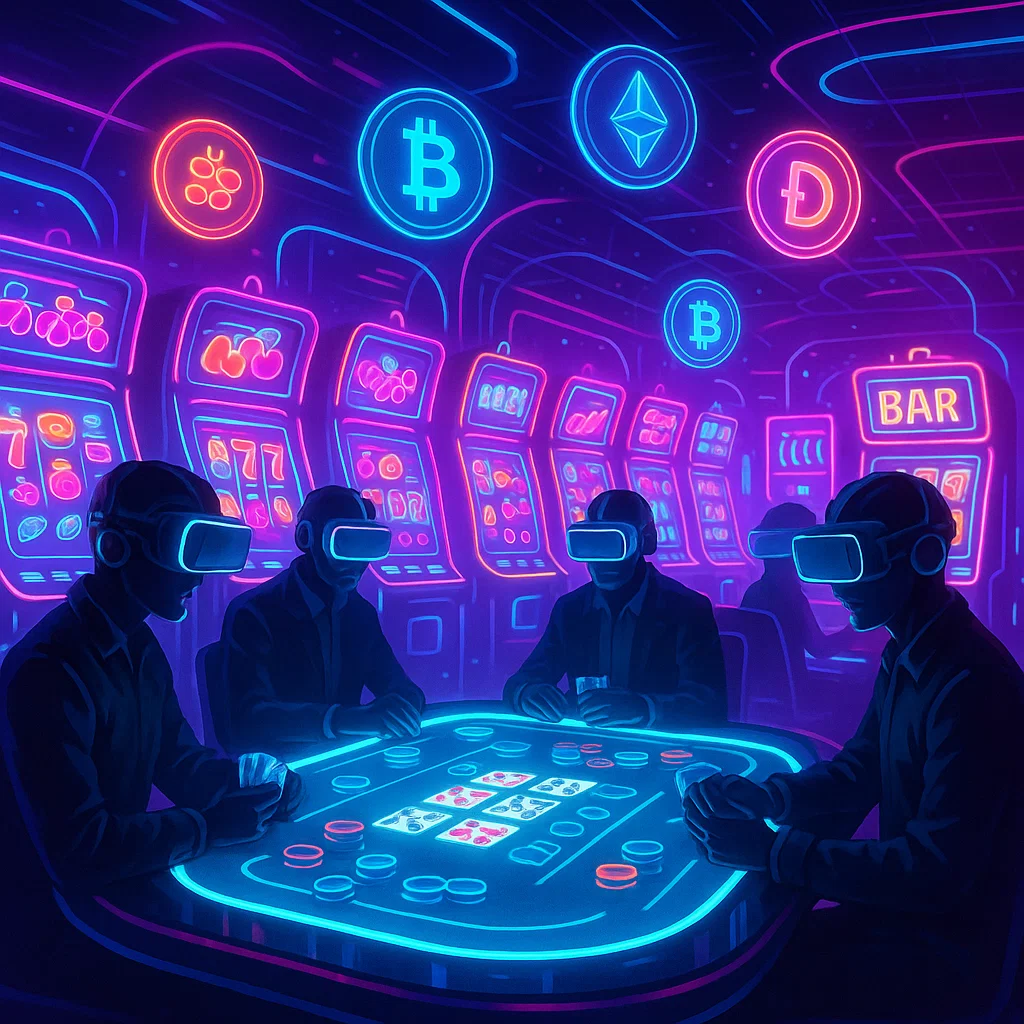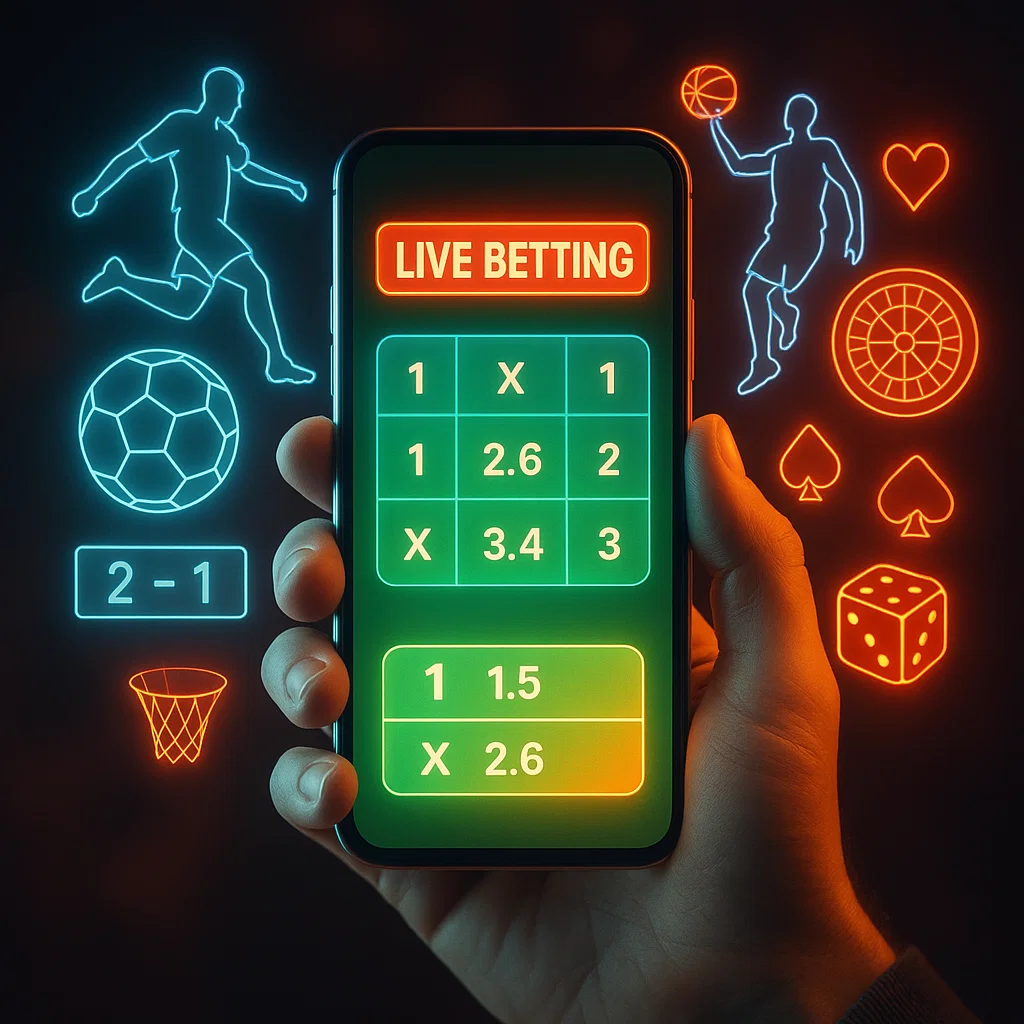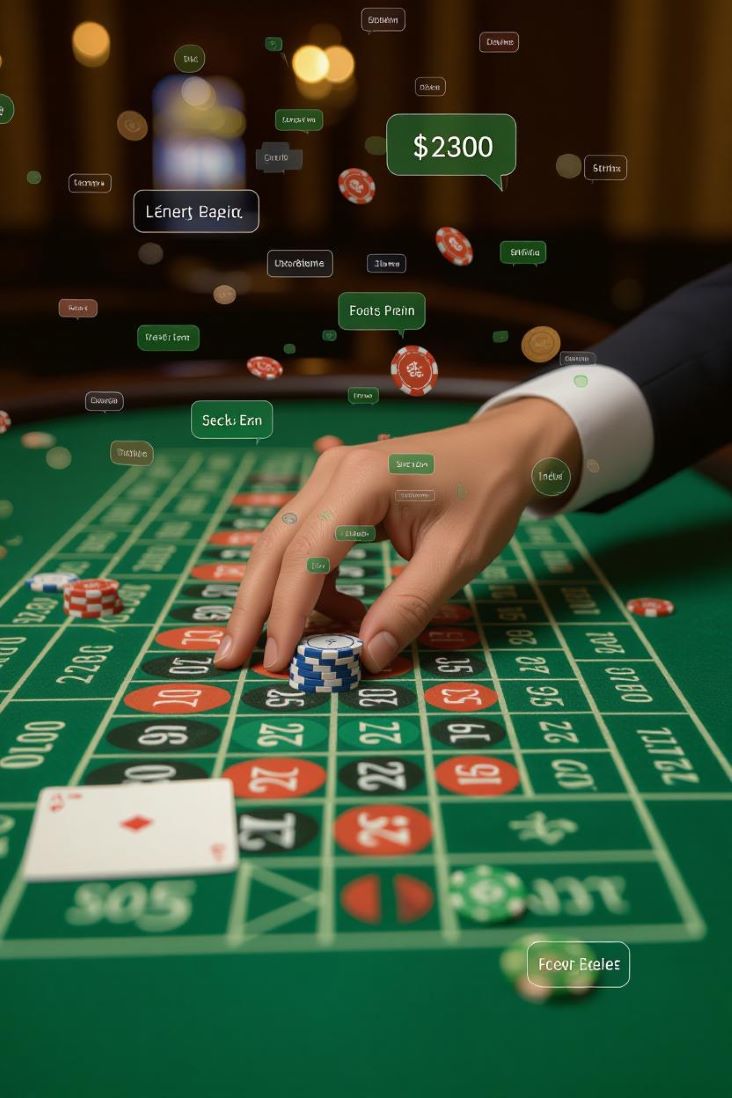Online gaming platforms are often perceived as simple digital venues, websites or apps where users log in, place bets, and play games. In reality, they are highly engineered ecosystems operating at the advancement of software development, financial technology, cybersecurity, and regulatory compliance.
Behind every slot spin, blackjack hand, or sports wager lies a coordinated infrastructure designed to process transactions, generate outcomes, manage risk, and deliver seamless user experiences across devices. Understanding this engine provides deeper insight into how the modern gambling industry functions.
Game Engines and System Integration

At the heart of any online gaming site is its game engine architecture. This framework connects front-end interfaces (what players see) with back-end systems (where logic and data processing occur).
Game engines power slot mechanics, card distribution logic, and betting calculations. In casino-style games, Random Number Generator (RNG) algorithms determine outcomes in milliseconds. These algorithms are mathematically structured to ensure statistical fairness over long sample sizes, simulating randomness while adhering to regulated payout percentages. In live dealer environments, the engine integrates video streaming technology with real-time data capture systems.
All components, game logic, streaming modules, account management systems are integrated into a centralized platform. This unified architecture ensures stable performance even during peak user traffic.
Payments, Security, and Data Protection
Financial infrastructure is a critical layer within online gaming platforms. Payment gateways process deposits and withdrawals through credit cards, bank transfers, digital wallets, and increasingly, cryptocurrency channels. These systems must operate securely and efficiently while complying with anti-money laundering (AML) regulations and Know Your Customer (KYC) protocols.
Security protocols extend beyond payments. Platforms use encryption standards such as SSL (Secure Socket Layer) to protect data transmission between users and servers. Multi-factor authentication adds an additional layer of account protection.
Real-time fraud detection algorithms monitor unusual activity patterns, flagging suspicious transactions or behavioral anomalies. Given the financial sensitivity of gambling platforms, cybersecurity measures are foundational rather than optional. Without secure infrastructure, user trust and regulatory approval would collapse.
Licensing, Regulation, and RNG Integrity
Online gaming platforms operate within regulated jurisdictions that issue licenses and enforce compliance standards. Regulatory bodies require platforms to undergo audits verifying fairness, payout accuracy, and operational transparency.
RNG integrity testing is central to this oversight. Independent laboratories evaluate algorithm performance to confirm that outcomes remain statistically random and unbiased. These audits ensure that game results cannot be manipulated by operators or third parties.
Licensing frameworks also dictate responsible gambling features. Platforms must implement tools such as deposit limits, self-exclusion options, and session time reminders. These mechanisms reflect growing industry emphasis on consumer protection within regulated environments.
Odds Management and Real-Time Data Processing
For sports betting platforms, odds management systems form another essential component. Sophisticated algorithms process live data feeds, tracking player statistics, game events, and market activity, to adjust betting lines dynamically.
Real-time data processing ensures that odds reflect current probabilities and market sentiment. Risk management modules balance exposure by shifting prices in response to betting volume. These systems must operate with minimal latency to prevent arbitrage or pricing inefficiencies.
The integration of data analytics and automated pricing engines transforms sports betting into a high-speed information marketplace. Every odds update reflects a recalibration of probability and liability within seconds.
The Digital Backbone of Modern Gambling
Online gaming platforms are not merely entertainment portals; they are complex digital infrastructures combining software engineering, financial systems, cybersecurity, and regulatory compliance. Game engines calculate outcomes, payment gateways secure transactions, licensing bodies enforce integrity, and data systems manage real-time adjustments.
By viewing these platforms as technological ecosystems, users gain a clearer understanding of how entertainment intersects with regulated digital environments.









 Spending more than planned.
Spending more than planned.
 The pre-flop, flop, turn, and river are the four stages of betting in a shoe game.
The pre-flop, flop, turn, and river are the four stages of betting in a shoe game. Slots with classic themes or the newest video slots with amazing features are great options, but you should also seek out slots that fascinate you.
Slots with classic themes or the newest video slots with amazing features are great options, but you should also seek out slots that fascinate you. No deposit bonuses may seem too wonderful to be true, but they are:
No deposit bonuses may seem too wonderful to be true, but they are: “Darkfall: The Journal” and “Fran Bow” let you investigate a mystery village or a protagonist’s tragic past as a detective or observer.
“Darkfall: The Journal” and “Fran Bow” let you investigate a mystery village or a protagonist’s tragic past as a detective or observer.



































 The online gaming industry continues to evolve. Two of the most popular formats in digital casinos are live dealer games and traditional online casino games. While both offer thrilling entertainment, they cater to different types of players and provide distinct experiences. Whether you’re an experienced gambler or just beginning your online casino journey, understanding the differences between these two gaming styles can help you make an informed decision.
The online gaming industry continues to evolve. Two of the most popular formats in digital casinos are live dealer games and traditional online casino games. While both offer thrilling entertainment, they cater to different types of players and provide distinct experiences. Whether you’re an experienced gambler or just beginning your online casino journey, understanding the differences between these two gaming styles can help you make an informed decision.
